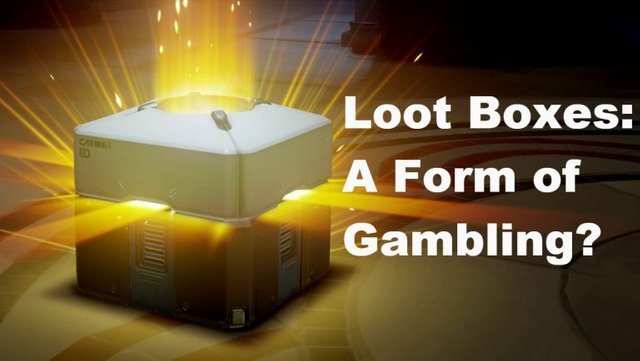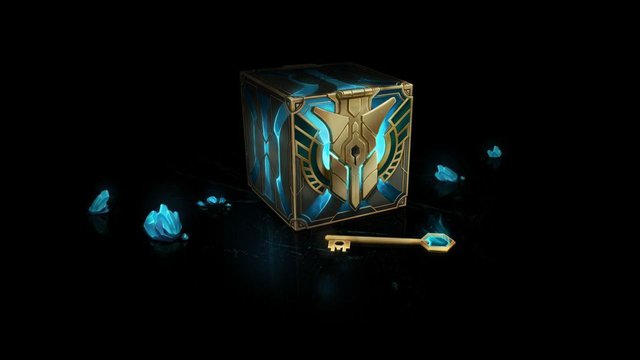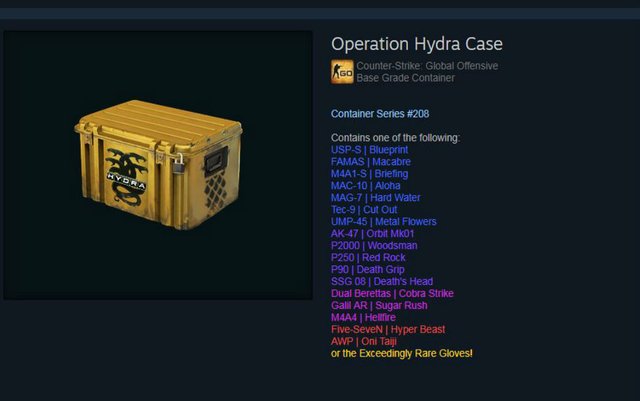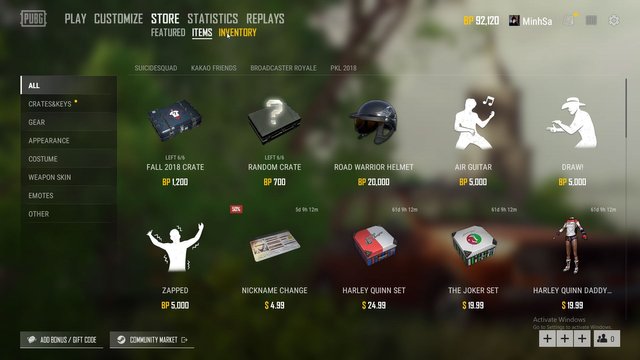
After an inquiry into the harms of gaming micro-transactions for chance-based items - 'loot boxes', the Environment and Communications Reference Committee has delivered it's final report to the public.
In this report, a recommendation was made for the Australian Government to launch a "comprehensive review of loot boxes in video games".
Like many other countries around the world, loot boxes have continuously been the subject of public debate, over concerns that this type of micro-transaction can be classified as a form of gambling.

Community concern was addressed in the report over loot boxes having the potential to normalise gambling behaviours - especially among children.
It also pointed out that interactive gambling is not unregulated. The Australian Government is able to provide forms of regulation through several, already established, media authorities and departments: Department of Communication and the Arts; ACCC; Australian Communications and Media Authority (ACMA); Office of the e-Safety Commissioner; Classification Board and; the Department of Social Services.
With the different types of loot boxes available, the government acknowledged the need to adopt a nuanced approach in future responses and noted that there needs to be more research into the suggested psychological impacts of using loot boxes in gaming.
"This review should commission further research into the potential for gambling-related harms to be experienced as a result of interaction with look boxes,' said the report.

Loot boxes can be obtained in three different ways:
Game-play - defined as players being given the box as a reward to playing the game or receiving an achievement. Overwatch loot boxes often fit into this category.
Game-play with purchasable key - players are given the loot box in-game but must buy a key to unlock it. This is used in PlayerUnknown's Battlegrounds.
Purchase - players buy loot boxes which contain items within them. While featured in other games, Star Wars Battlefront 2 faced their own controversy as items given randomly gave players enhanced abilities and fell under a pay-to-win category.
Response to Loot Boxes Around the World
As there are different types of loot boxes, the Australian committee admitted that any definitive statements on whether loot boxes are forms of gambling or not, is difficult to pin down.
Certain countries around the world have tried to shed more light on the debate through their own inquiries, with some governments taking opposing sides to the debate.
The UK Gambling Commission recently released the Young People and Gambling 2018 report which found that only three in ten children had opened loot boxes while playing video games. The Commission said to GamesIndustry.biz that they did not find any links between loot boxes and exposure to gambling.

In June of this year, the Dutch government placed a ban on loot boxes that allowed players to trade items outside of the game and obtain real world currency - found most commonly in Counter Strike: Global Offensive. It was noted that loot boxes in this form, would most likely foster gambling-like behaviours.
China also implemented regulations that require developers to reveal the odds behind loot boxes to the Chinese Ministry of Culture. Bans have also been applied in Belgium and Germany.
A recent announcement was also made by US Federal Trade Commission (FTC), stating that the FTC will be also investigating loot boxes due to concerns that they are mechanics which may potentially harm children through addiction.
With the global video game industry being valued at US$117 billion and 25 percent of this value generated from micro-transactions, loot boxes are becoming an increasingly popular form of revenue generation. Plus, with a projected growth of US$150 billion by 2020 and almost half of that revenue growth being a result of micro-transactions, it is understandable why more developers are choosing to include iterations of loot boxes in their games.


🏆 Hi @gamersclassified! You have received 0.1 STEEM reward for this post from the following subscribers: @cardboard
Subscribe: automatically support your favourite steem authors :) | For investors.
Downvoting a post can decrease pending rewards and make it less visible. Common reasons:
Submit
I am usually against government interfering with anything when it's avoidable, the more you let them meddle the more they will step in to do shit.
At the same time, I really hate some things devs do with Lootboxes. Where Overwatch it's purely Cosmetic and ignorable if you only care about the game, Something like Battlefront 2 from EA is down right predatory.
EA has a bad tendency to take a decent enough idea and ruin it for everybody. DLC, Micro transactions, and now Lootboxes. That company is possibly the most damaging thing to the gaming industry right now.
Downvoting a post can decrease pending rewards and make it less visible. Common reasons:
Submit